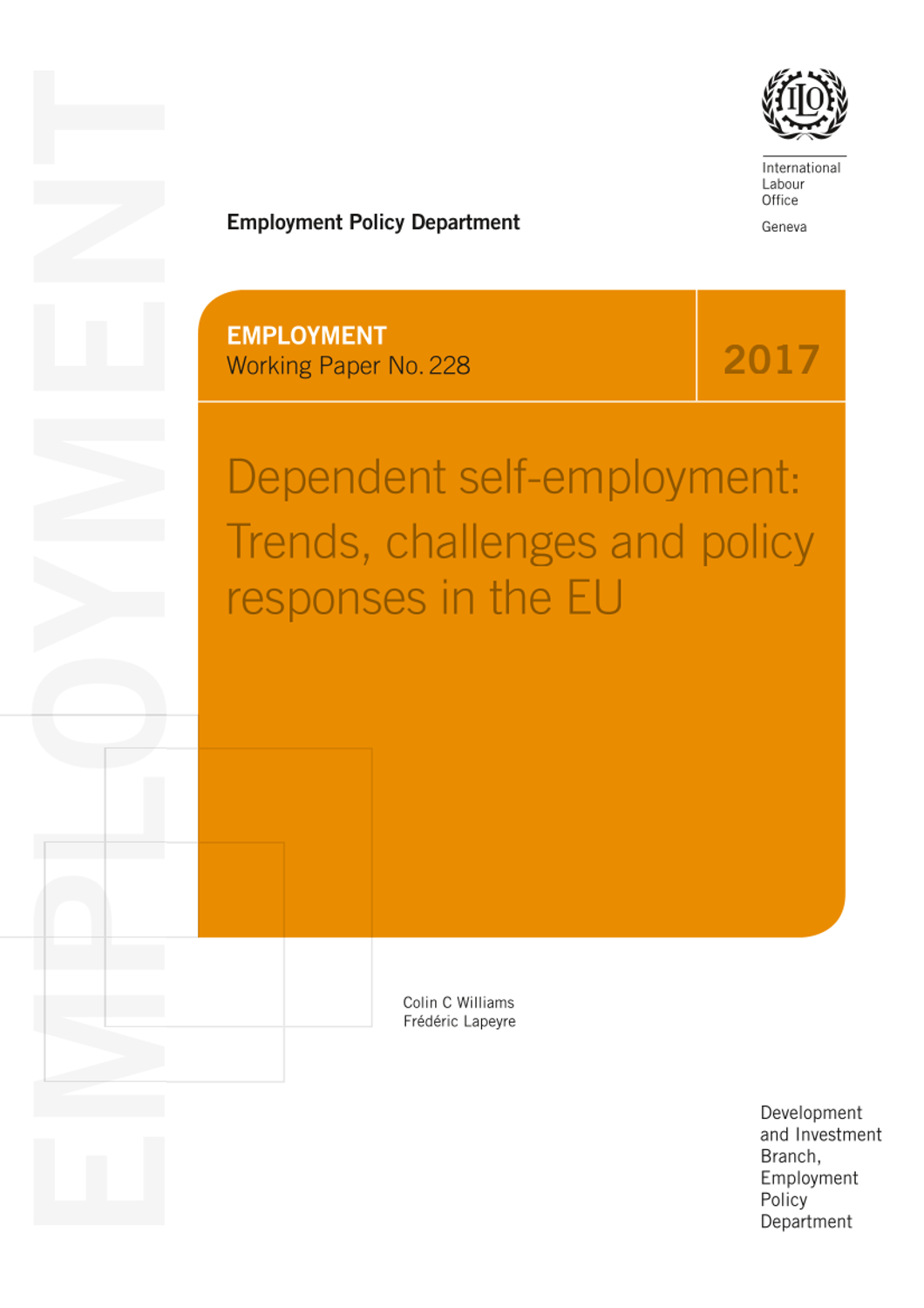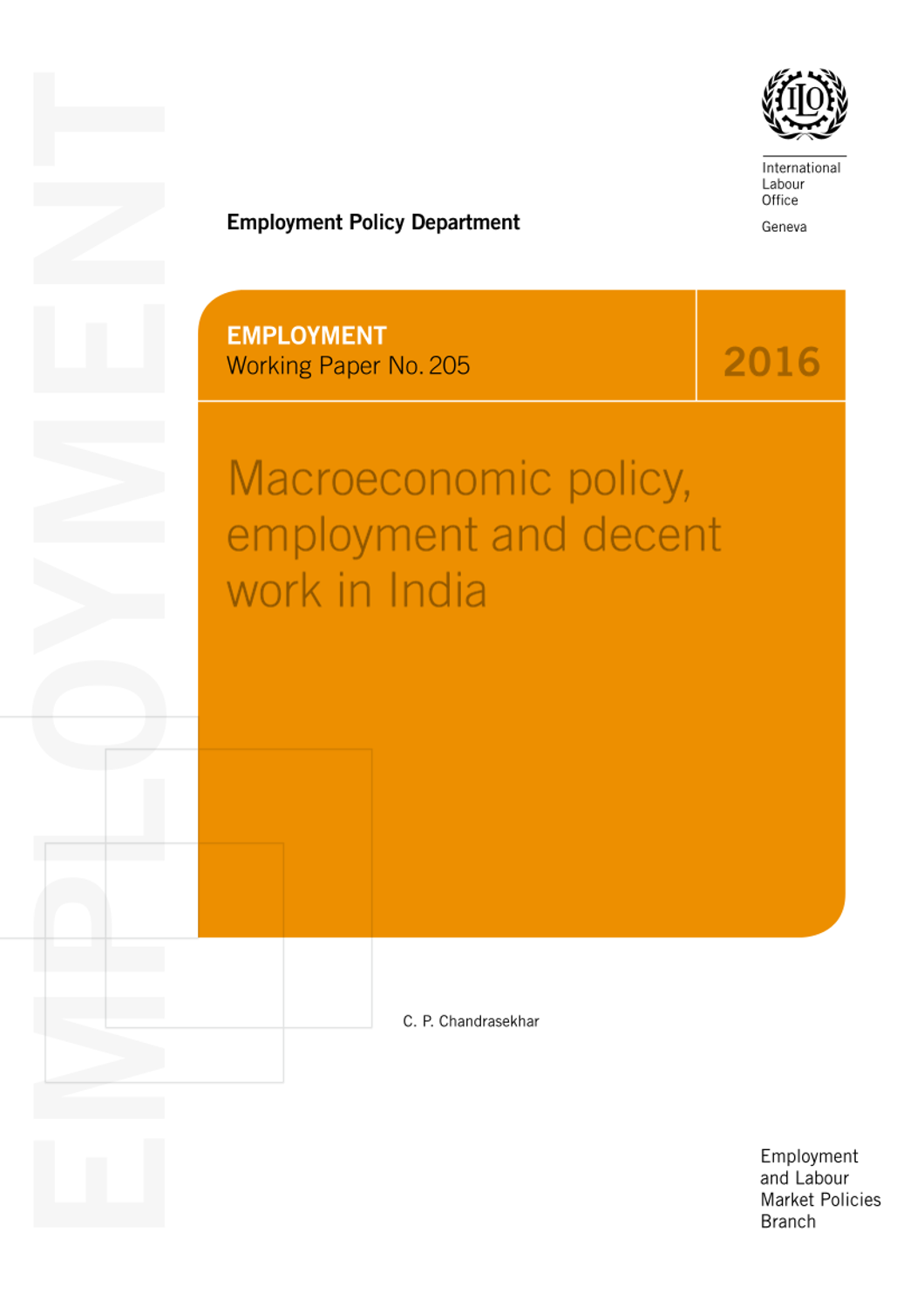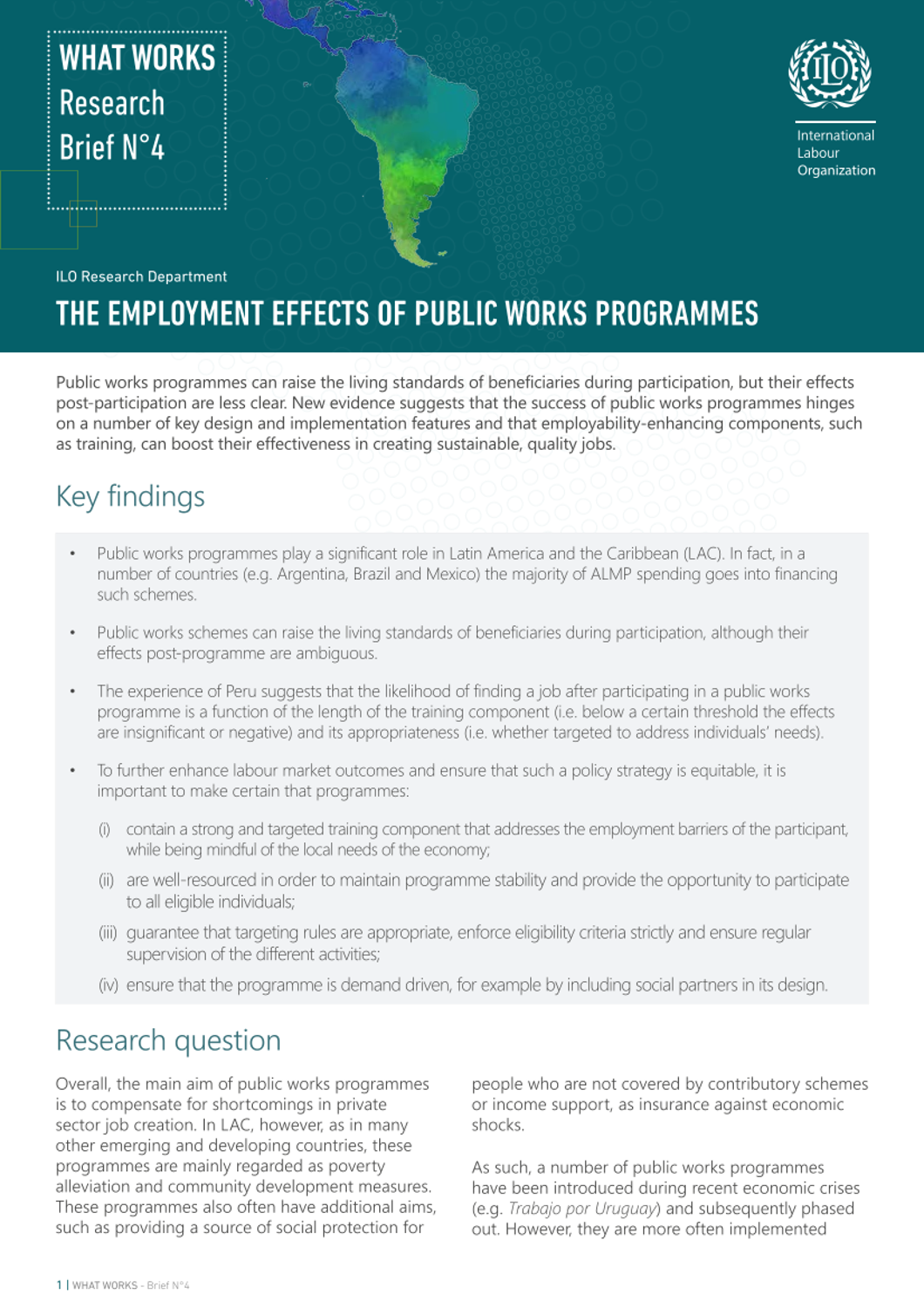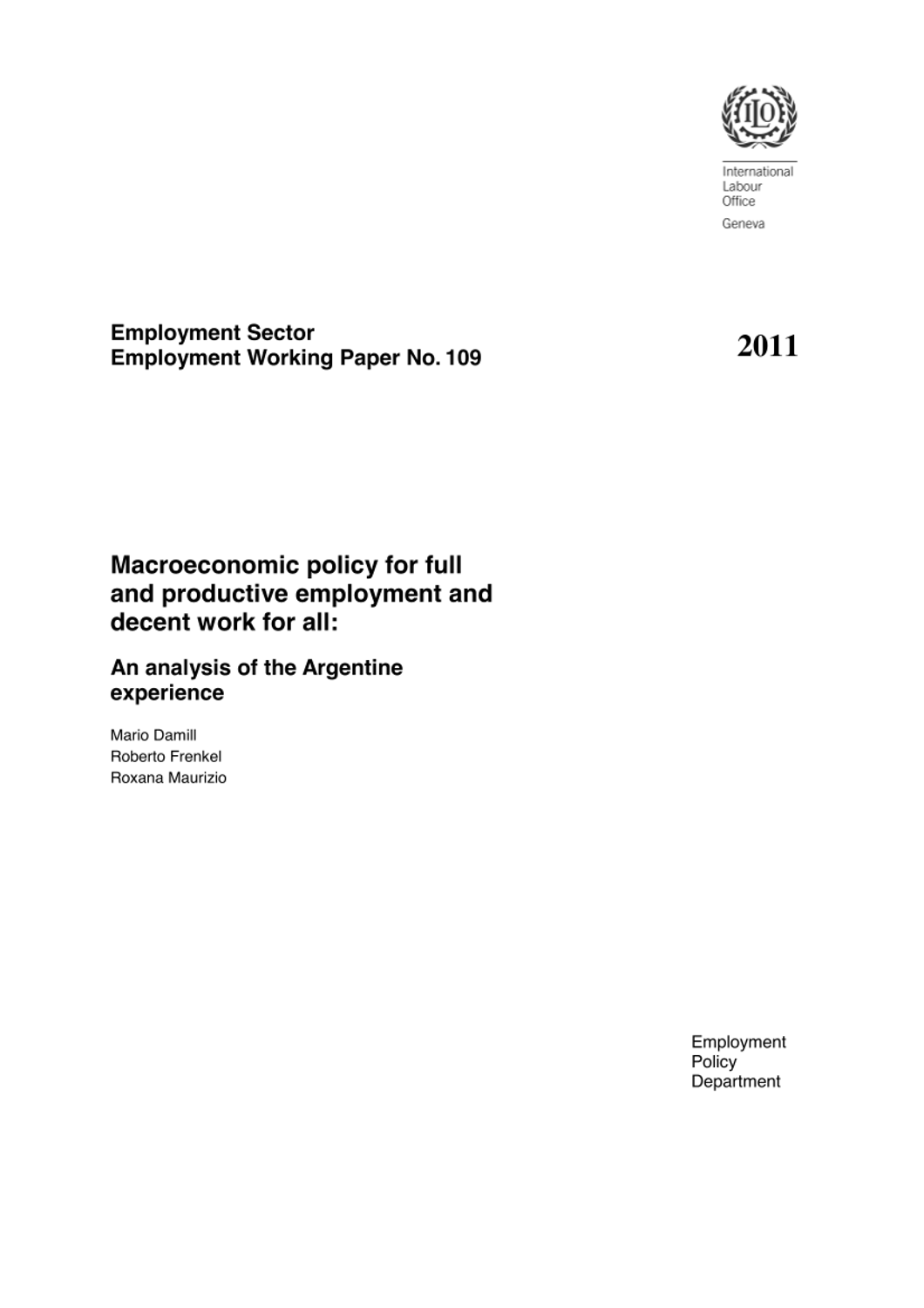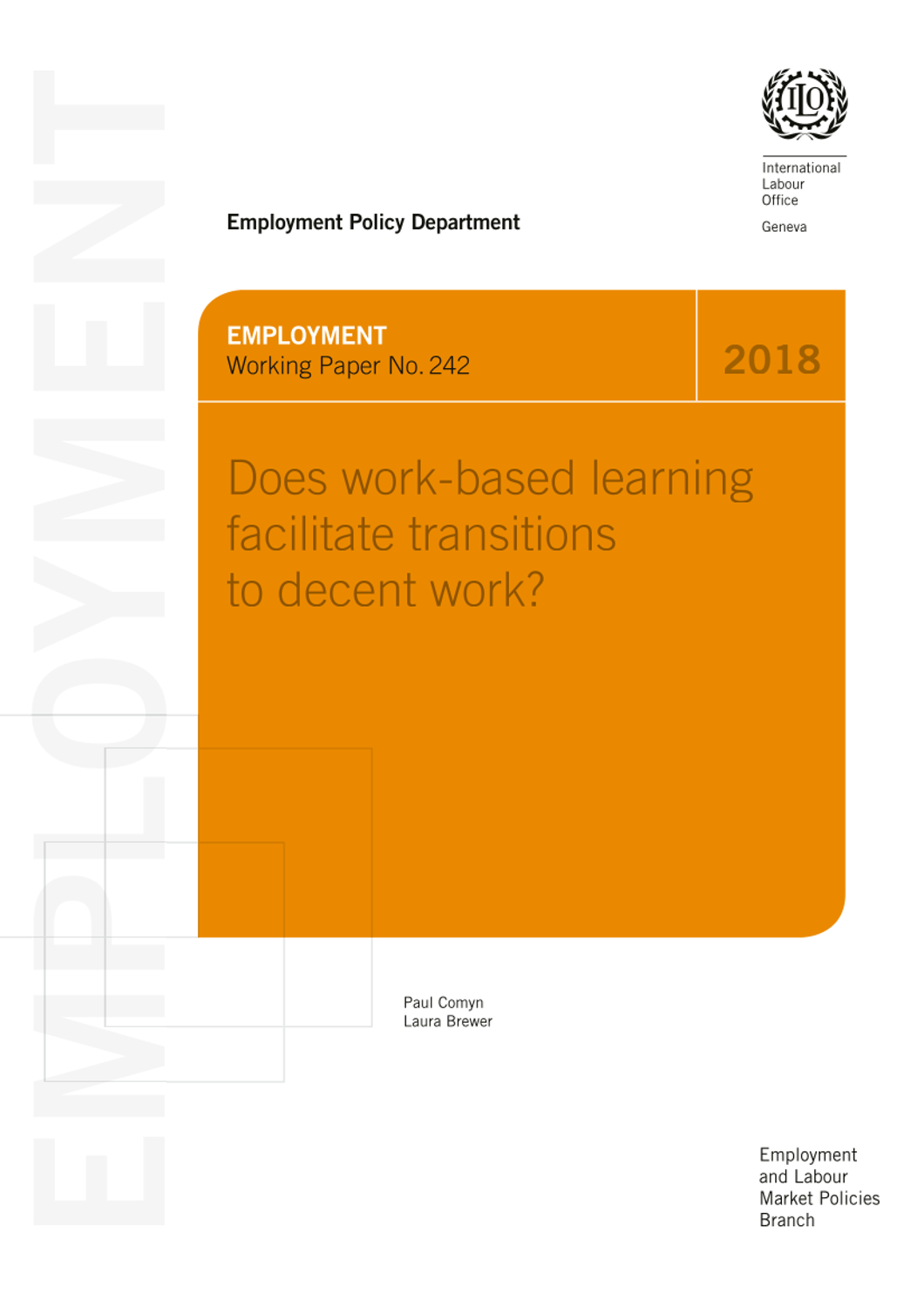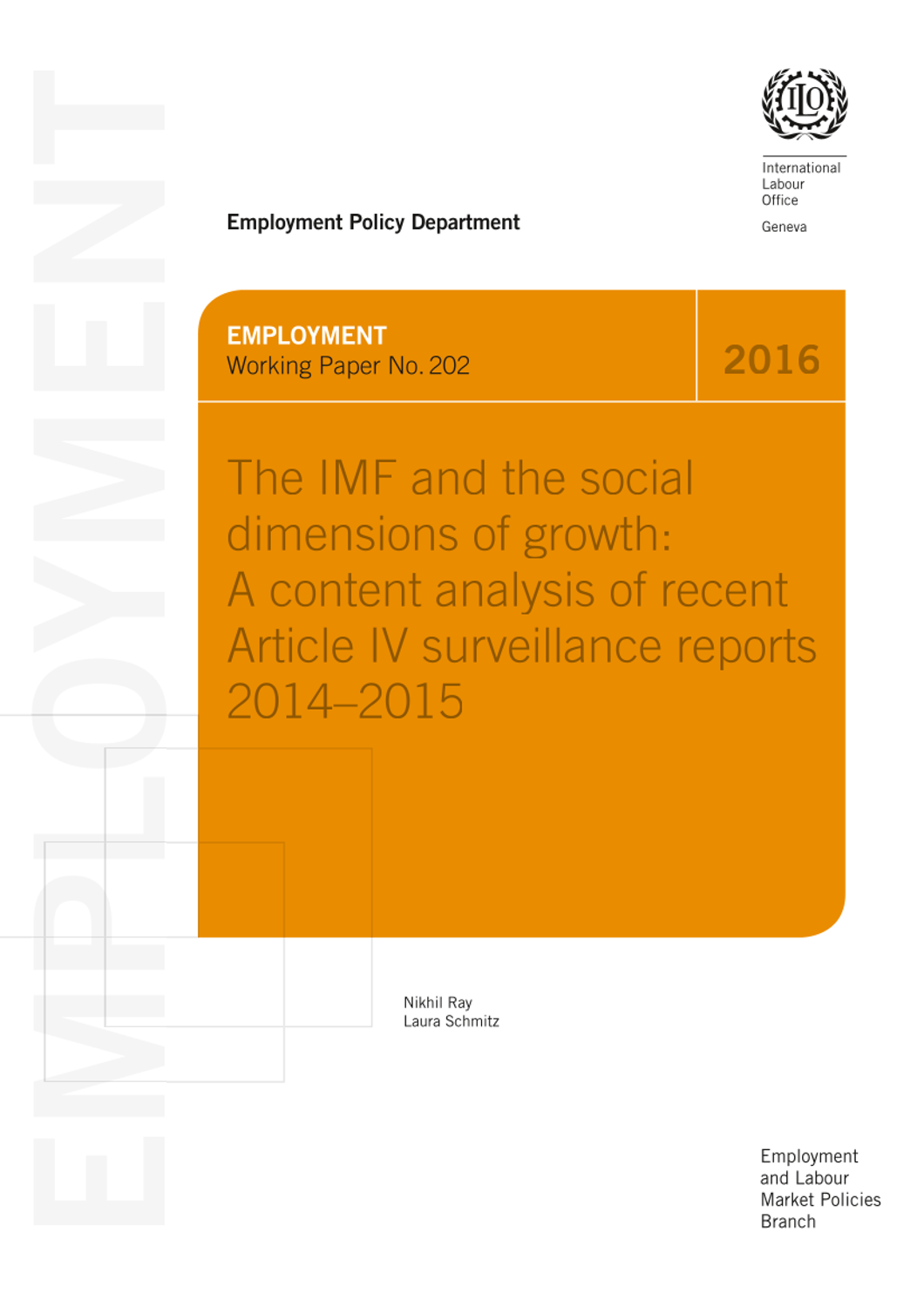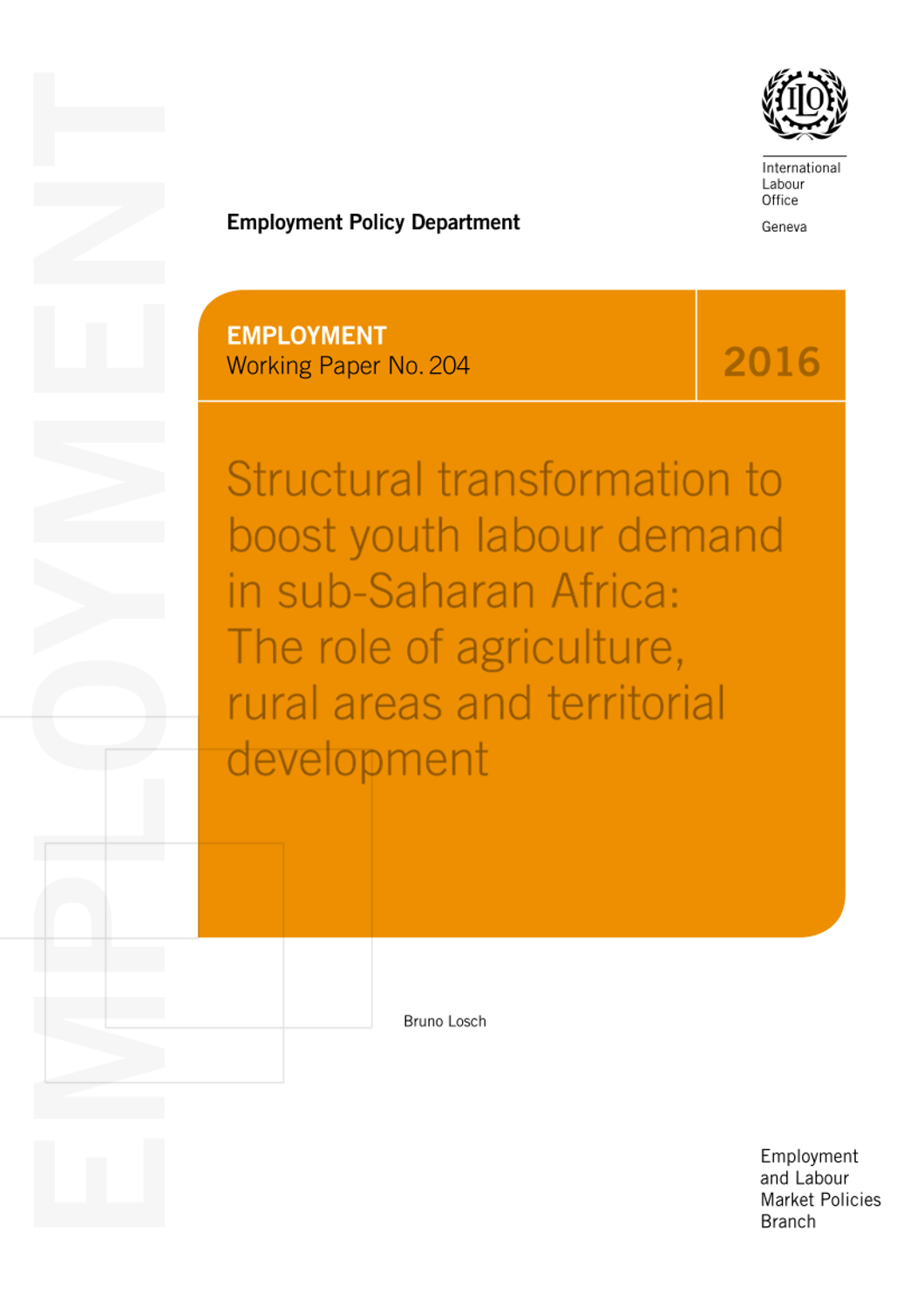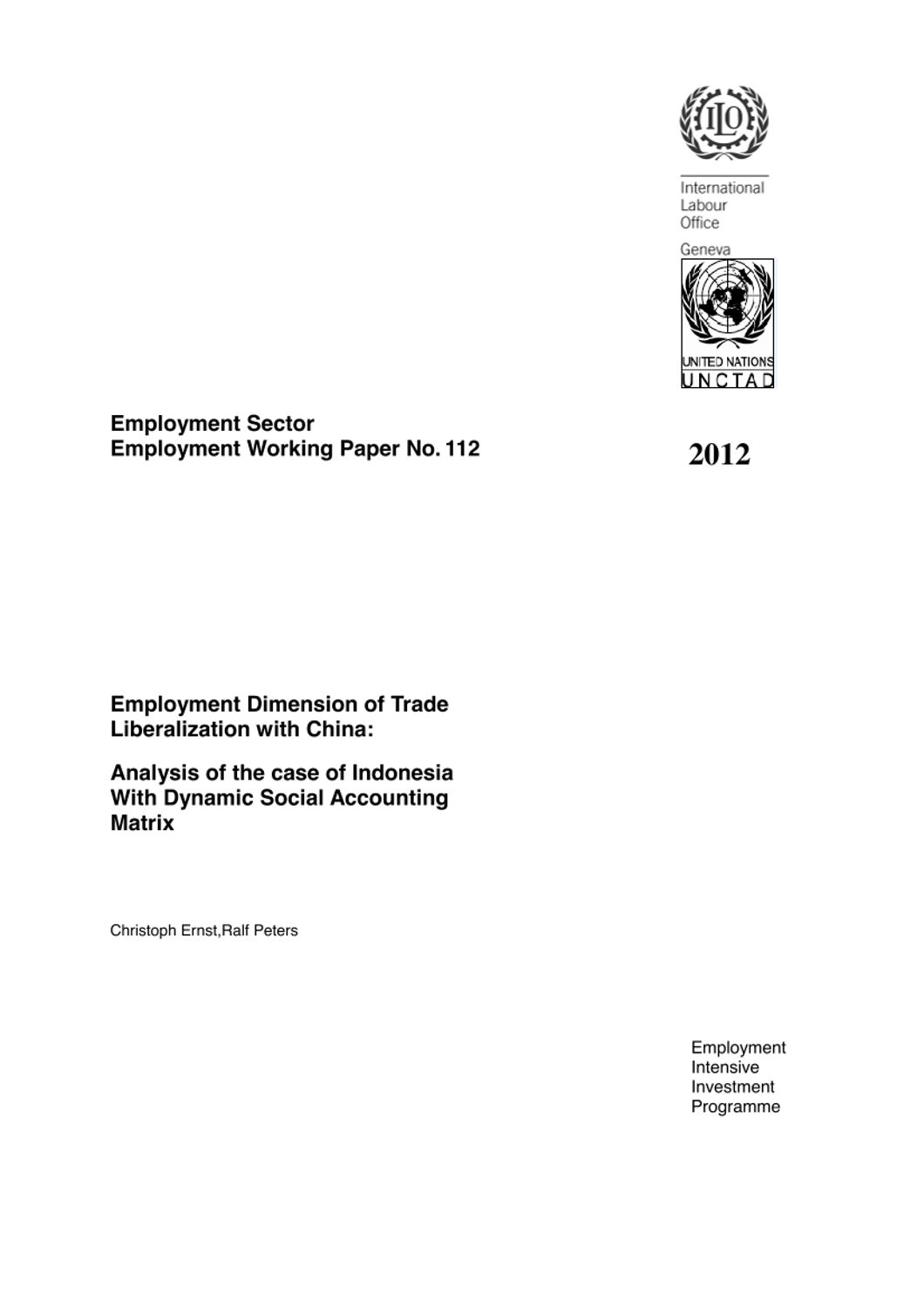단행본EMPLOYMENT Working Paper 228
Dependent self-employment: trends, challenges and policy responses in the EU
- 청구기호
- EWP 228
- 발행사항
- Genova : ILO, 2017
- 형태사항
- 64 p :. PDF file ;. 1.79 MB
- 서지주기
- Includes bibliographical references
- 분류기호
- 듀이십진분류법->EWP
소장정보
| 위치 | 등록번호 | 청구기호 / 출력 | 상태 | 반납예정일 |
|---|---|---|---|---|
이용 가능 (1) | ||||
| E0002886 | 대출가능 | - | ||
이용 가능 (1)
- 등록번호
- E0002886
- 상태/반납예정일
- 대출가능
- -
- 위치/청구기호(출력)
책 소개
Across the EU28, there is not only a significant ‘jobs gap’ with only 70.1 per cent of the working age population in jobs, but also concerns over the quality of jobs. One particular concern is that employees are being falsely classified as self-employed by employers in order to circumvent collective agreements, labour laws (e.g., minimum wages, working time legislation), employment tax and other employer liabilities implied in the standard contract of employment, and that the emergent ‘gig’ or ‘platform’ economy is accelerating this trend.
This report evaluates this emergent employment relationship, here termed ‘dependent’ self-employment, which covers those classified as self-employed who do not meet one or more of the following criteria: (1) they have more than one client; (2) they have the authority to hire staff, and/or (3) they have the authority to make important strategic decisions about how to run the business. Tackling dependent self-employment is not so much about making this work standard but more about making all work decent. Although the misclassification of dependent self employment needs to be urgently addressed, either by reclassifying it as dependent employment or recognising a new hybrid category and attaching rights and protection to such work, at the same time, decent work deficits across all employment relationships need to be tackled. This requires firstly, collective responses, including the strengthening collective bargaining, and secondly, adapting social protection to better reflect the demise of the standard employment relationship of permanent full time dependent employment, and a world in which the quantity of jobs mean that 30 per cent of the working age population will not be in employment.

